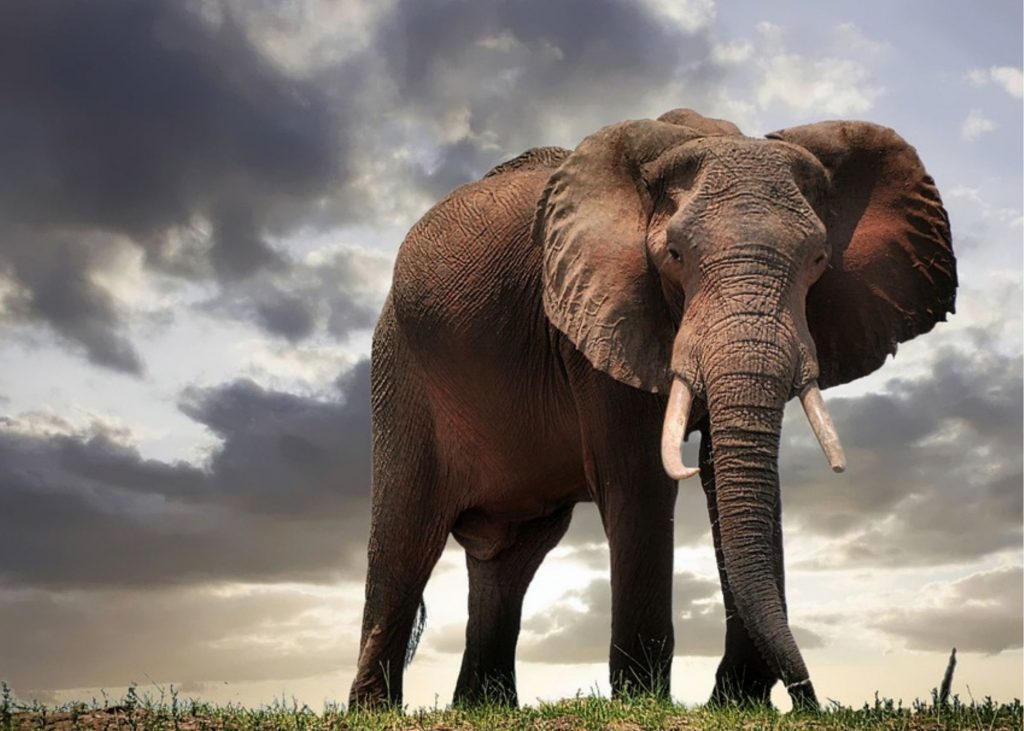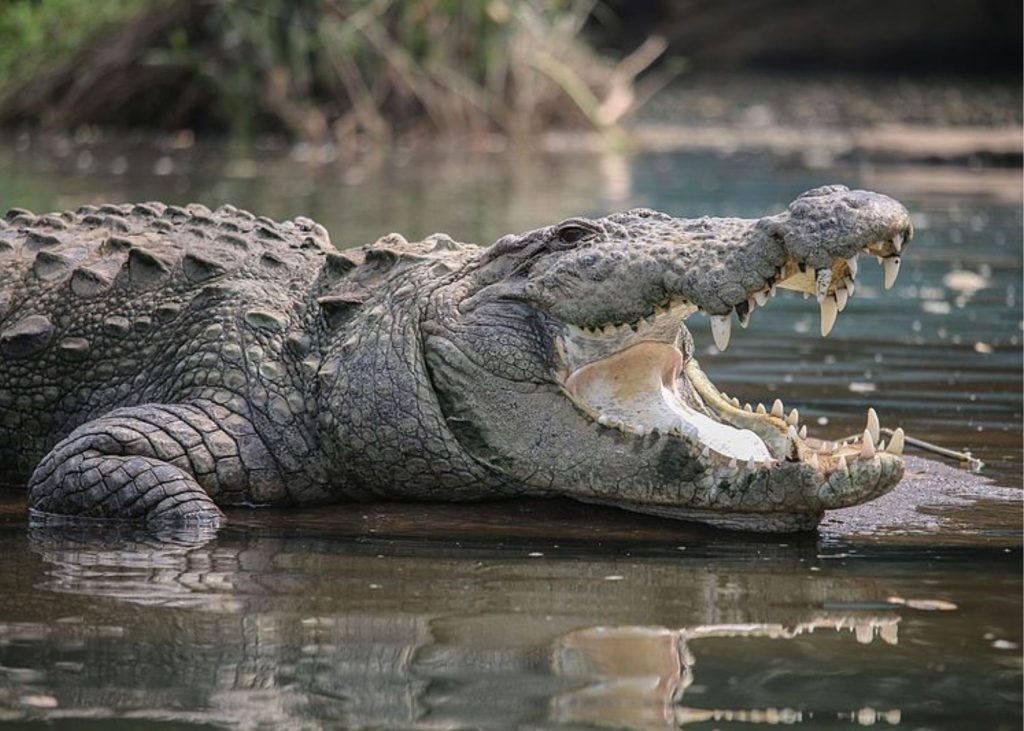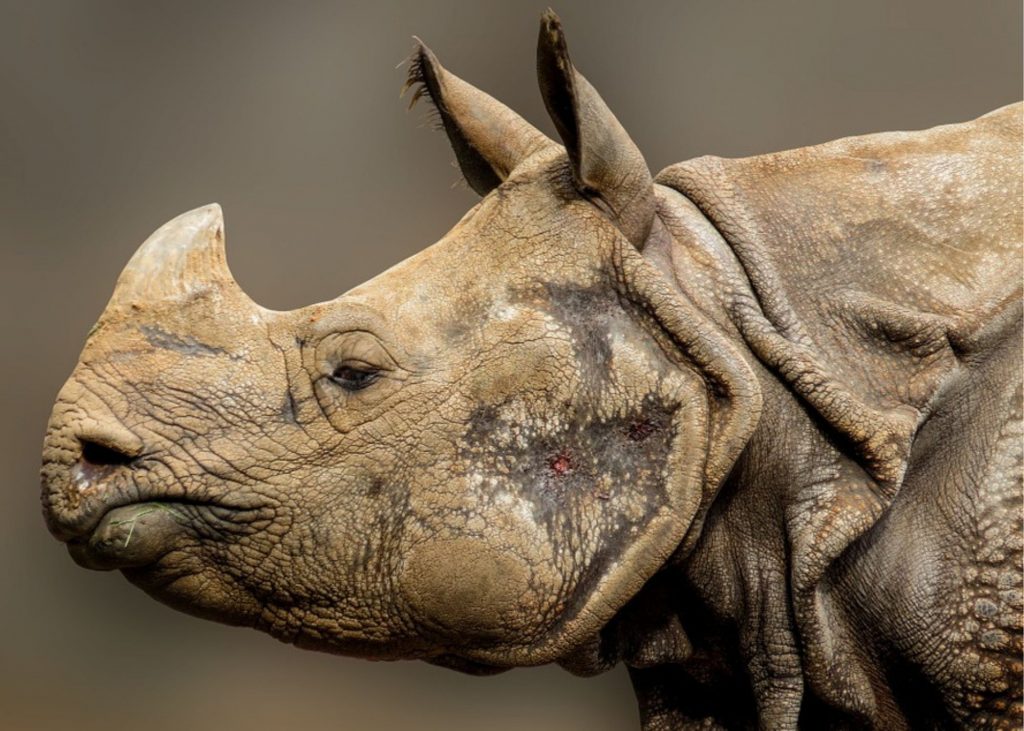Tracking a lion in Kenya
Tracking a lion in Kenya
Kumi and I were driving through Kora National Park in a Landrover. He was a game warden and was tracking Cyclopes, a lion who’d lost an eye in a fight for a lioness. Kumi often drove for days with tent and supplies, scouring the dusty country for the lion’s prints. He showed me how to study the surroundings, examine thorns, bushes, rocks and sand, looking for evidence. He was a skillful tracker, able to figure the age, sex and speed of a lion by examining the spoor.
When we came across some prints, Kumi was able decipher that they had been there for two days, by analyzing raindrops that had fallen on them and by the prints that insects had trailed across them. When he lost track, we relocated them by examining broken twigs, pressed grass and scattered pebbles. We walked till noon through the sparse bush, the sun beating down so hot I saw shimmering pools of water in the distance evaporate into mirages.
When we came across some tracks made by men, vultures were already circled high above. Soaring on thermal currents, they had picked up the scent of death. They planed down.
When we reached the butchered carcass of a elephant the hunched vultures were already squabbling, ripping away at the entrails. As we approached, the vultures reluctantly scattered. The elephants’s tough hide had burst in the heat and the flesh had been picked from the bones. The elephant’s tusks had been hacked off, leaving the remaining bulk of the animal to rot in the heat of the day.
The killing power of the weapons they used now instead of their traditional bows and arrows made them formidable swift killers, decimating them with assualt weapons like the AK-47, the tool used to slaughter the elephants.

We walked among the thorn bushes of a trackless waste.
“Real hot,” I said, wiping my forehead on my sleeve.
“Out here this time of day,” Kumi said, “the sun is punishing.”
We walked on, the heat pressing down. I scanned the bleak landscape for any sign of movement. Bandits that blended with the land appeared as a mirage on the edge of my vision. It was desolate out there. We’d been walking all morning and still had seen no tracks.
We started back to the Landrover and took refuge in a patch of shade by a rocky stretch of river. After a lunch of ham sandwiches and a thermos of water, we slowly drove along the banks of the Tana River where gray snouts of hippos broke the surface of the silted water, and zebra had come to drink.
A lone gazelle standing on the opposite bank was startled, its small ears twitched nervously and then it froze. As it stood perfectly still, it reminded me of the stuffed animals I’d seen in the Natural History Museum in New York that had fascinated me so much when I was a child. I used to dream of having a collection of my own. They were enchanting in their stillness, their serenity captured forever in an imitation of their natural habitat. Sometimes I looked at them for so long that I was convinced I had seen their ears or noses twitch.
On the far bank, a playful baby zebra strayed from his mother’s side and scampered into the water and the startled gazelle ran off. A crocodile lying on the bank, opened it’s jaws.

It slowly moved down and slithered quietly into the river. The ripple on the surface shimmied its way silently toward the little zebra.
Fortunately, we drove round the bend of the river and stopped the jeep behind a cluster of bushes, where we couldn’t see if the crocodile ever reached its prey. I got down from the Landrover and beat the dust from my khaki shorts. Kumi and I walked toward a zebra carcass drying in the dust. He crouched down by a club of thorny scrubs and examined a trail of footprints and hoof marks. “Somalis have come feeding their cows here.”
When there was a drought, he told me, the Somalis brought their cattle to feed by the side of the river and stripped the grass from its banks. The Shifta often accompanied the Somalis to serve as hunters and protect their cattle. The Shifta were nomadic bandits armed with Ak-47s who used the herdsmen as a cover for their poaching activities.
I stood beside Kumi as he looked across the river. The clouds showed low on the horizon. He seemed to sense a shift in the weather and a worried look crossed his face.
“The Shifta make us much trouble,” he said. “They make the land desolate. They steal from shops and kill the owner, steal cows and goats and kill elephant and rhino.”

Kumi looked at the tracks some more and then turned around. I went with him back to the jeep.
“You don’t have much stopping power,” I said, looking back at the old rifle in the Landrover. “How do you protect yourself against raiders with Ak-47s?”
Kumi just shook his head. “The hour is getting late and this is a lurking place of poachers. We are far from safety and must turn back.”